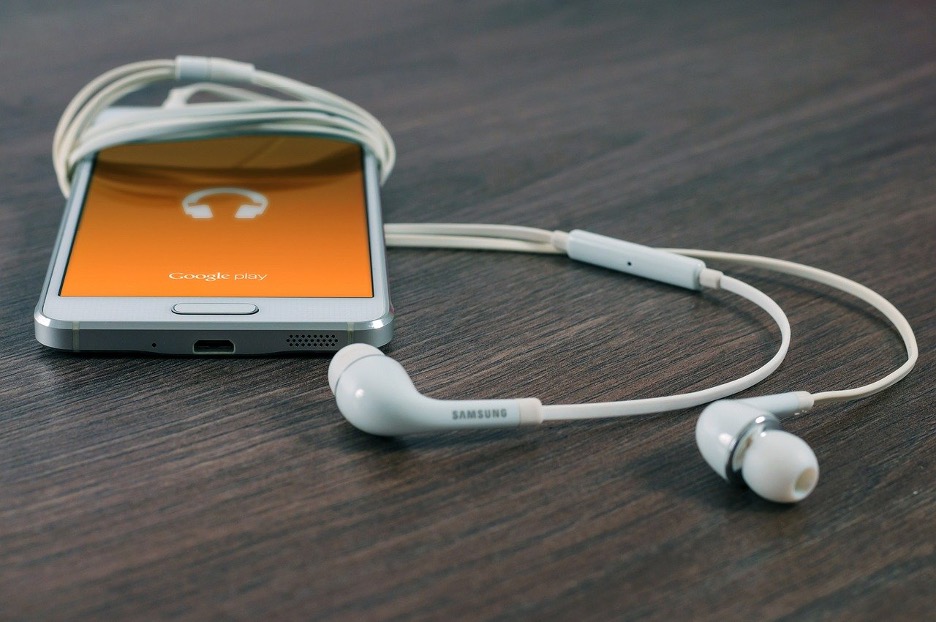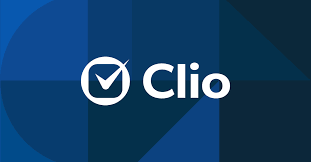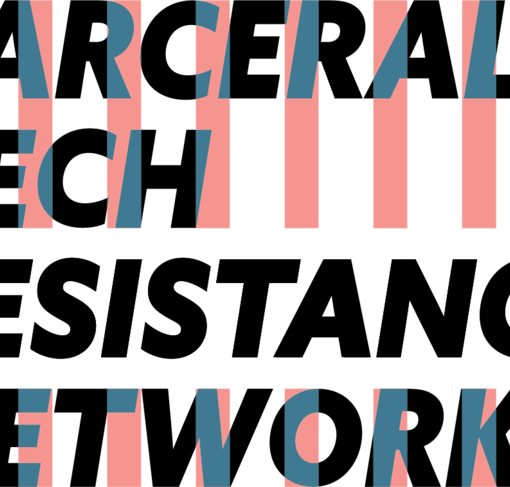
Google and Oracle have been involved in a legal dispute since the mid aughts. Back in 2005, Google acquired Android in order to build a new software platform for mobile devices, such as phones and tablets. In order to make development relatively easy for their developers, Google copied over 11,000 lines of Sun’s Java SE code that would become part of the Application Programming Interface (API). Oracle acquired Sun a few years later, and sued Google with the argument that Google had infringed upon Sun’s copyrights.
During the extensive litigation, two major considerations from the lower courts were whether the owner of Java SE could copyright the copied lines of code from the API and whether Google’s copying of the 11,000 lines of code constituted a permissible “fair use”. Over the better part of a decade, Google won at the trial court level twice, but each time, the ruling was overruled at the Federal Circuit appeals court level.
In 2020, the case reached the Supreme Court. At the Supreme Court, it was determined that Google’s copy of the Java code was indeed permissible as “fair use”. Per copyright.gov, Fair use is a legal doctrine that promotes the freedom of expression by permitting the unlicensed use of copyright-protected works in certain circumstances. Section 107 of the Copyright Act provides the statutory framework for fair use and calls for the consideration of four factors when considering whether the fair use doctrine is applicable. These four factors include the following:
- The purpose and character of the use, including whether the use is of a commercial nature or is for nonprofit educational purposes.
- Nature of the copyrighted work
- Amount and substantiality of the portion used in relation to the copyrighted work as a whole
- Effect of the use upon the potential market for or value of the copyrighted work.
While the Supreme Court determined that fair use doctrine applied to this case, no substantial decision was made regarding APIs may be copyrighted. Though it should be noted that Justice Breyer, who issued the majority opinion, designated API as one that provides an “organizational function”. This determination puts API very close to being a “system”, which cannot be copyrighted on the spectrum of copyrightable materials. However, the Supreme Court’s decision should make the question of copyrighting APIs less relevant as the decision should provide future market participants with a strong defense for API copying.
Sources:
- https://www.supremecourt.gov/opinions/20pdf/18-956_d18f.pdf
- https://www.copyright.gov/fair-use/more-info.html
- https://arstechnica.com/tech-policy/2021/04/supreme-court-sides-with-google-in-api-copyright-battle-with-oracle/



